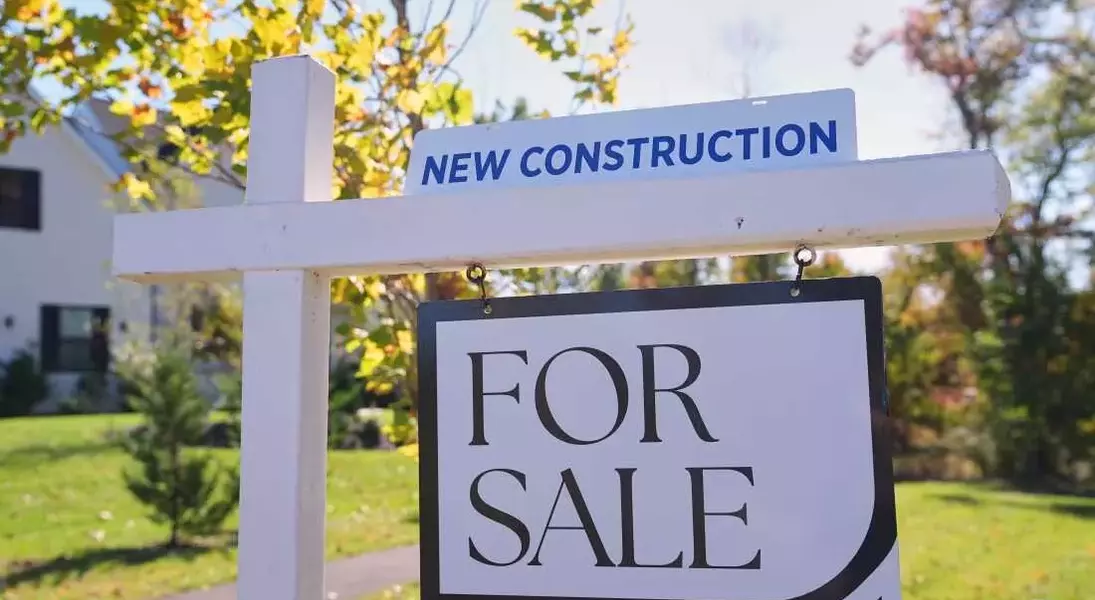
Unlock Your First Home: Adapt, Plan, and Conquer the Competitive Market
Understanding the Hurdles in the Entry-Level Housing Segment
Despite recent indications of a less frenzied housing market and potentially more favorable mortgage rates, the segment for smaller, entry-level homes remains critically underserved. This persistent shortage significantly impedes many individuals from making their initial foray into homeownership, leading to a profound impact on aspiring buyers, such as those in Central Texas struggling to locate properties within their financial reach. The disconnect between average local incomes and soaring property values, exemplified by situations in cities like Austin, underscores a widespread affordability crisis.
The National Landscape of Entry-Level Home Construction
The situation in Austin mirrors a broader national pattern, where the construction of affordable, smaller homes has seen a significant decline over several decades. What once constituted a substantial portion of new builds has now dwindled to a minimal percentage, highlighting a systemic shift away from entry-level housing. This trend is largely attributed to escalating material costs, which diminish profit margins for builders on smaller units, making larger, more expensive homes a more attractive investment for developers. Additionally, current homeowners, benefiting from previously low mortgage rates, are less inclined to sell, further limiting the supply of starter homes available for new buyers.
The Role of Local Policies and Regulatory Environments
Local zoning laws and administrative hurdles play a crucial role in exacerbating the shortage of affordable housing. Historically, restrictive zoning in many areas has favored single-family dwellings, limiting the development of more diverse and dense housing options. While some localities are beginning to ease these restrictions, the protracted and costly approval processes for new developments continue to be significant barriers. Progressive models, such as those seen in Houston, demonstrate how deregulation can facilitate the construction of more accessible housing, offering valuable lessons for other regions grappling with similar challenges.
Leveraging Market Dynamics and Community Support for Homebuyers
The anticipation of declining mortgage rates could inject new vitality into the lower end of the housing market, potentially creating fresh opportunities for first-time buyers. Preparing for such market shifts is paramount, and various community-based financial organizations offer crucial support, from financial assessments to personalized action plans for improving credit and saving for a down payment. These entities emphasize practical steps, such as automated savings and understanding flexible down payment options, to empower prospective homeowners.
Innovative State Initiatives and Personal Strategies for Accessibility
In response to the nationwide housing challenge, some states are pioneering innovative solutions. Utah, for instance, has implemented legislative measures including subsidized loans and new zoning tools to stimulate the construction of smaller, more affordable residences. Similarly, proposals in New Mexico aim to provide direct financial assistance to homebuyers, reducing purchase costs and incentivizing the development of moderately priced homes. Beyond these systemic efforts, individuals can adopt strategic approaches, such as broadening their search to more distant, affordable locales and viewing their first home as a stepping stone rather than an ultimate dream residence, to enhance their chances of successful homeownershi
